Thinking to send your kid for the Sleepaway camp? Has your kid never been to Sleepaway camp? Don’t be panic. Everything is going to be great!
Summer is best for camps. It is a time every kid relax, play and have fun without stress. Sleepaway camps are the place of refreshment for the young kids who always wants something new. They will bring your kids closer to nature.
This article discusses Sleepaway camps and how safe they are. It presents the checklist for the Sleepaway camps. At the end of the article, you will find ways to prepare for sleep away camp.
What is Sleepaway Camp?
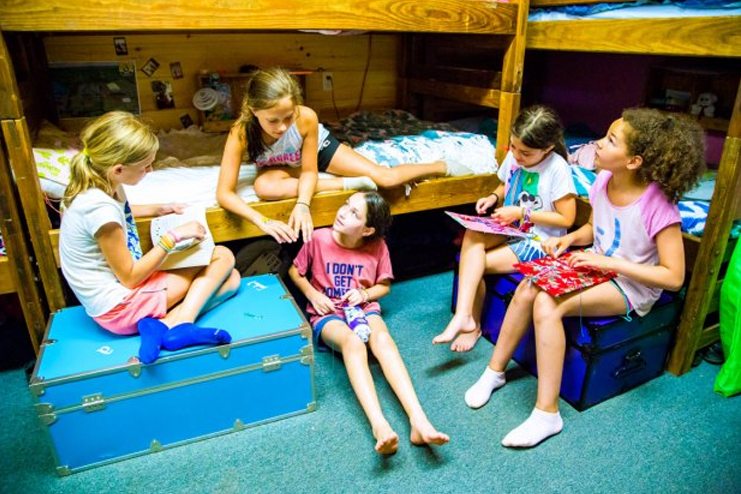
Sleepaway camps are places away from the home where kids stay for an extended period of time. Carrying logistics seem to be a huge undertaking for the first time campers. Summer camps are very essential in childhood which gives a lot of memories.
Summer camps help children to build their independence and self confidence.
Are Overnight Camps Safe? How to Make them Safe?
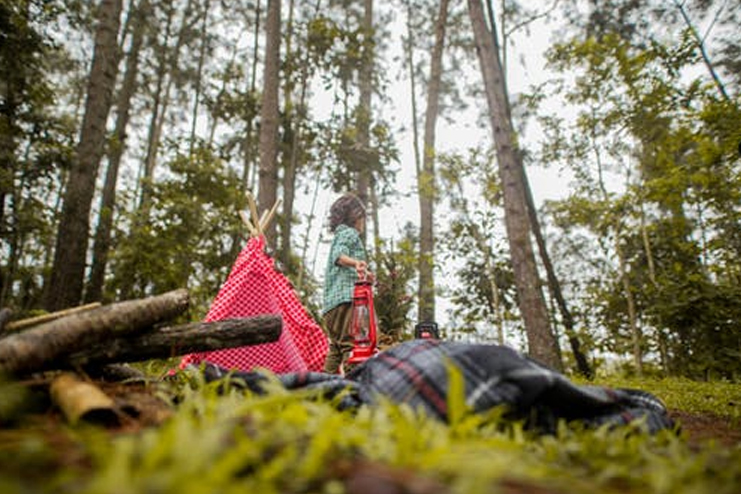 Kid’s safety is the major concern of the parents. Parents should be aware of the difficulties and threats the child may come across. The following are the few uncertainties and tips to prepare your child for the safe overnight summer camp.
Kid’s safety is the major concern of the parents. Parents should be aware of the difficulties and threats the child may come across. The following are the few uncertainties and tips to prepare your child for the safe overnight summer camp.
1. Illness:
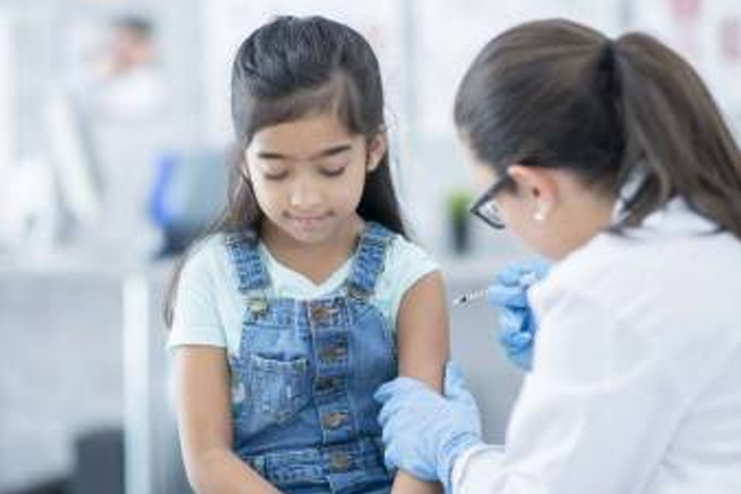
Some of the most common health problems that children may encounter are
- Fever
- Upper respiratory tract infections
- Skin infections
- Lice and scabies
- Insect Bites
- Heat or cold related illness
- Homesickness
- Behavioral or psychiatric conditions
Prevention:
Parents should make sure to check with the camp authorities that common illness conditions are included in the protocol for the treatment by the camp health care providers.
2. Abuse May Happen Anywhere and Anytime
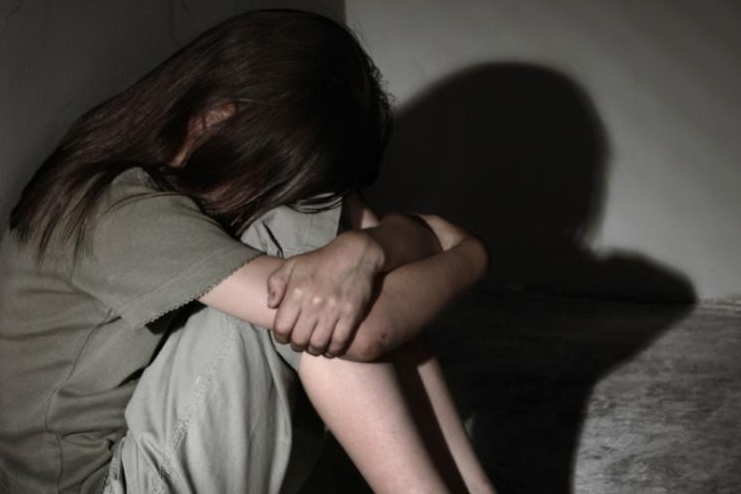
Sexual abuse is more common in a school setting as the children and teenagers grow together.
Prevention:
Teach Body Parts: Explain to your child what are private parts and teach them nobody should touch them unless there is a valid reason (i.e., pediatrician or childcare provider). In case anyone touches their private parts ask them to report the adult person immediately.
Camp’s Policies and Procedures: Parents should know the policies and procedures that the camp has implemented to minimize the risk of sexual abuse. The following are some of the policies camps should have
a. Camp should have a policy that older campers are allowed to engage with younger peers only under adult supervision.
b. Staff member may never be alone with a camper.
c. Staff members should be trained to respond to the child’s sexual abuse.
d. Each cabin should be resided by at least two adult supervisors and they should sleep in a separate bed.
3. Bullying:

Bullying may collapse the wonderful camp experience of your child through the camp has anti bullying policies.
Prevention:
Teach your child what bullying is? And how to face it?
Ask your child to do the following things:
Seek support: Ask your children to find out someone whom they trust and feel more comfortable.
Walk away and ignore: Ask your kid to walk away from the bully by controlling temper. Though ignoring is difficult, not responding may help to discourage the bully.
Be Persistent: Ask your children to keep reporting the bullying until someone does something.
Try not to be alone with the bully: Ask your child to limit the interacting time with bullies. Teach them to be around counselors and the authorities for most of the time.
You may also read: 15 Useful Benefits of Summer Camps For Kids
9 Ways to Prepare for Sleepaway Camp:
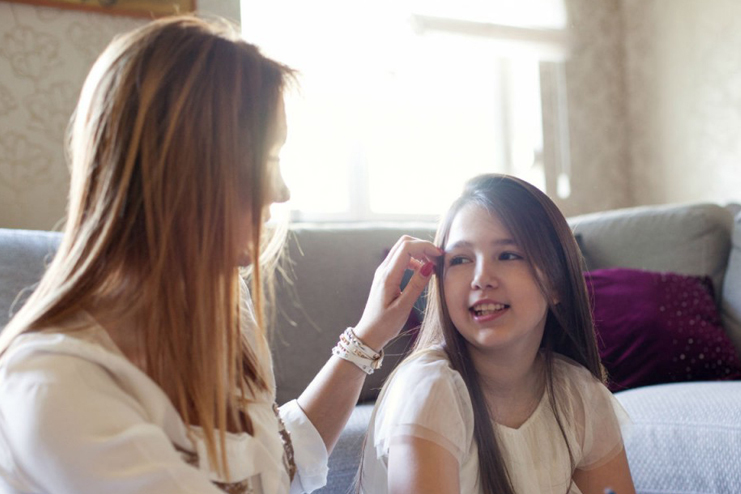
Summer Camps help for the social and emotional development of your kid. Here are the few tips to get ready your child for Sleep away camp for the greater experience.
1. Try a Sleepover
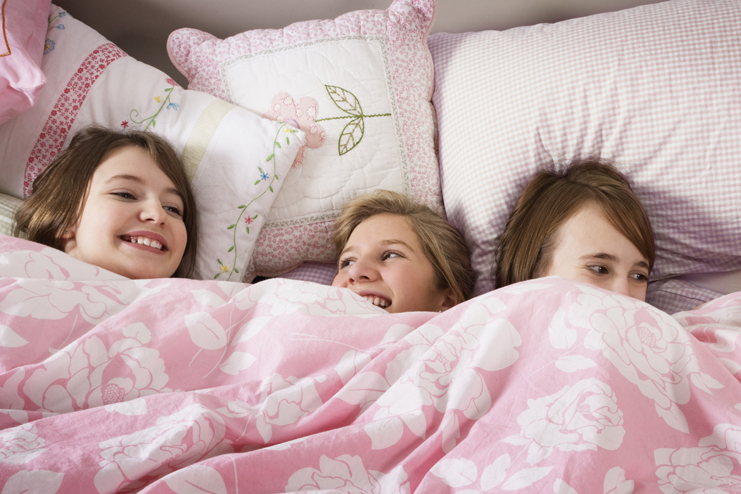
Get your child ready for the camp with the few sleepovers at your friend’s or relative’s home. Sleepovers are the best way to check the sleeping comfort level of your child outside of your home.
After the sleepover, ask your child for his/her experience. If your child experience any inconvenience know and help out to resolve it.
2. Go Shopping!
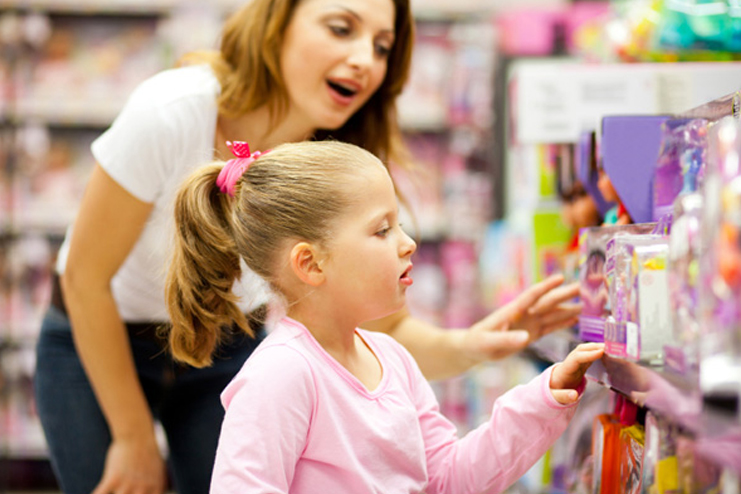
Involving your child in the camp preparation will help to build the excitement towards the upcoming camp.
Take your kid along with you to shop camp essential things like toothpaste, brush, swimwear, and so on.
3. Teach Your Child How to Deal With Emotions:
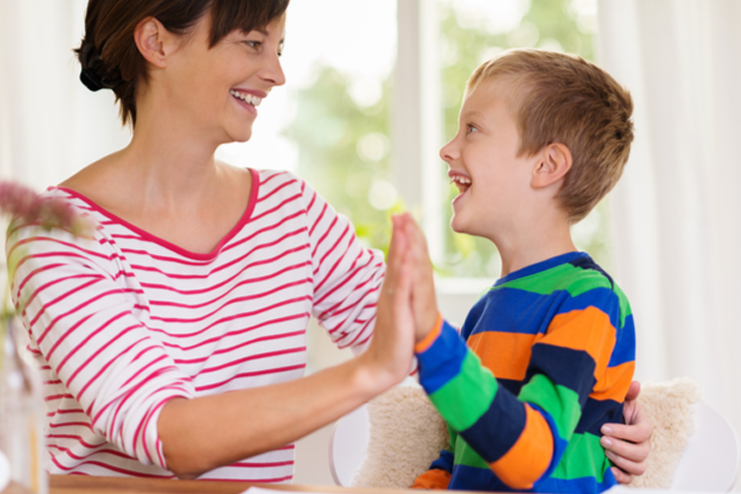
- Make sure to teach your child that homesickness and anxiety are the normal feelings that all the children face.
- Express your child that you are sending him/her far for a great camp experience not far away from the home.
- Not all the camps allow cellphones. If your kid’s camp allows cellphones, setup how many times your child can call home. Because calling home frequently may increase the chance of homesickness.
- Plan funny and relaxing activity the night before the camp.
4. Make It Easier To Make Friends:
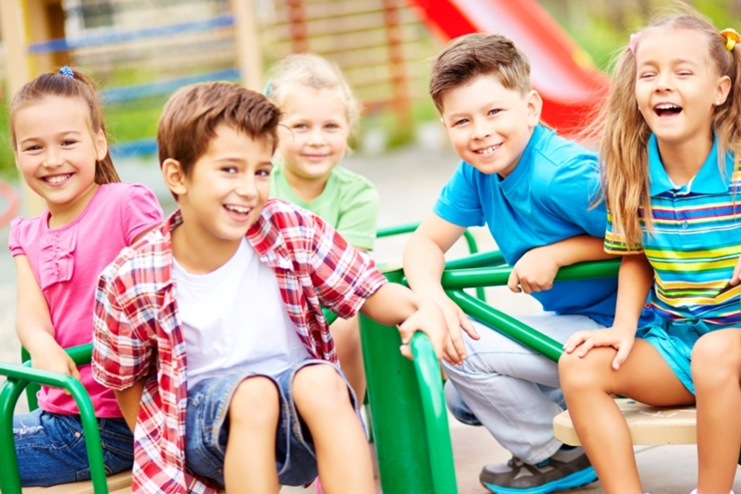
Sometimes kids worry whether they can make friends at the camp. If your kid is struggling to make new friends avoid competitive games that promote conflict or discourage cooperation
Pack the things which help as a good conversation starter.
5. Know the Emergency Contact Information

Make sure to get all the necessary information like phone numbers, addresses to get in contact with your kid at the camp.
6. Make the Health History Ready!

Some of the camps require health history and physical exam form of not more than 12 months prior to the camp.
If you does not have a health and physical exam, make the appointment at the earliest. If your camp requires medical records hand-delivered on the first day, file them in a camp file.
7. Don’t Make the Promise:
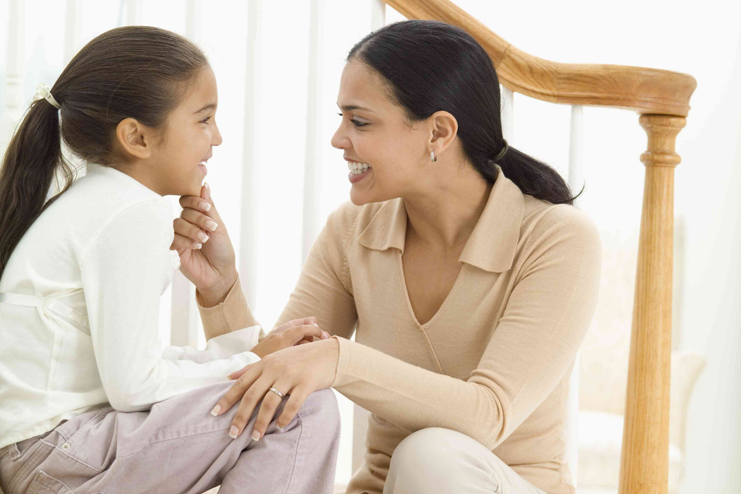
Never promise your child that he /she can come back home at any time if they feel homesickness.
Make sure that your child understands that you expect your child to have an amazing time at the camp.
8. Pack Smart
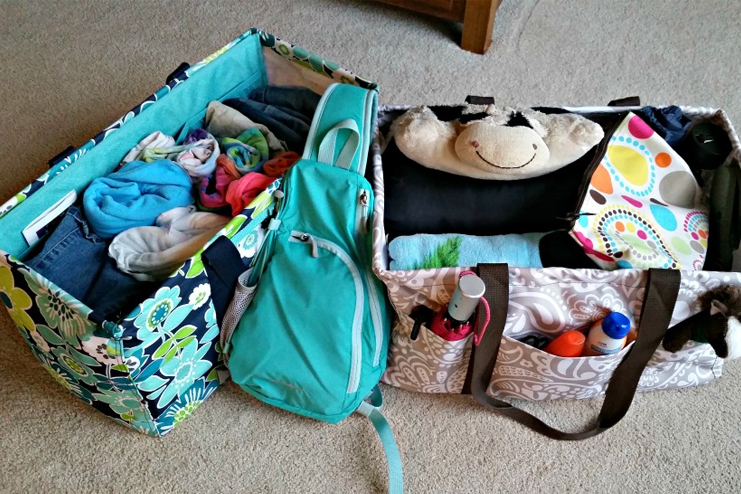
As the kid is traveling without you. It is your responsibility by packing all the necessary things to make your child’s camp trip hassle free.
Here are the few packing tips for the Sleepaway camp
a. Check-In With Their Camp
Look into the specifics of the camp location and programming, make sure to pack the appropriate things as per the activities.
For example, if your kid is going for an indoor art camp, probably you don’t need to pack bug spray, head torch, and tent.
b. Pack Enough Snacks
Your children might not have mid-night hungry when they are at home. In order to help your kid breakdown the hungry.
Some of the best camp snacks are – Popcorn, carrot coins, single-serving chocolate, and peanut butter cookies, cereals, cheese puffs, strawberries, apples.
c. Write Down Your Child’s Needs:
Carry a notepad in your purse so that you can not miss the necessary things.
If your child has a stuffy nose, always request a tissue when he/she wakes up in the morning.
d. Label Everything
Make sure that you label everything with stickers. Labeling things can avoid arguments when kids inevitably bring the same things.
Keep the things simple for you and your kid to avoid running around the camp on the pickup day in search of things.
e. Address Homesickness:
If it is your kid’s first trip to Sleepaway camp, chances are they will be homesick.
Pack them something special which will remind them of home – picture, gift, stuffed animal, their favorite daily routines like storybooks, photo albums.
9. Avoid Long Tearful Good Bye!

Tearful goodbye might feel like love to you, but, it leaves your child to feel like they are leaving you alone and moving away from you.
It is a growth opportunity for your child with your support, guidance, and partnership with the summer camp director. Assure your child that they are going to have the great experiences that they can remember forever.
This article helps to make your kid’s sleep away camp safe with the 9 best tips to prepare for sleep away camp.
Sleepaway camps offer the children to opportunity to grow and build self -confidence in an independent space.









































